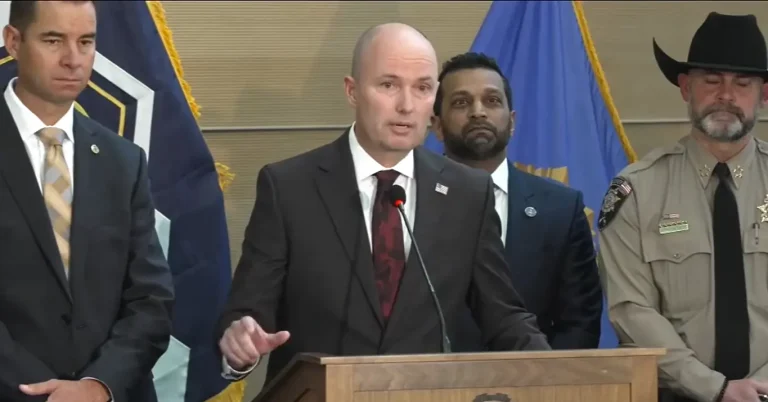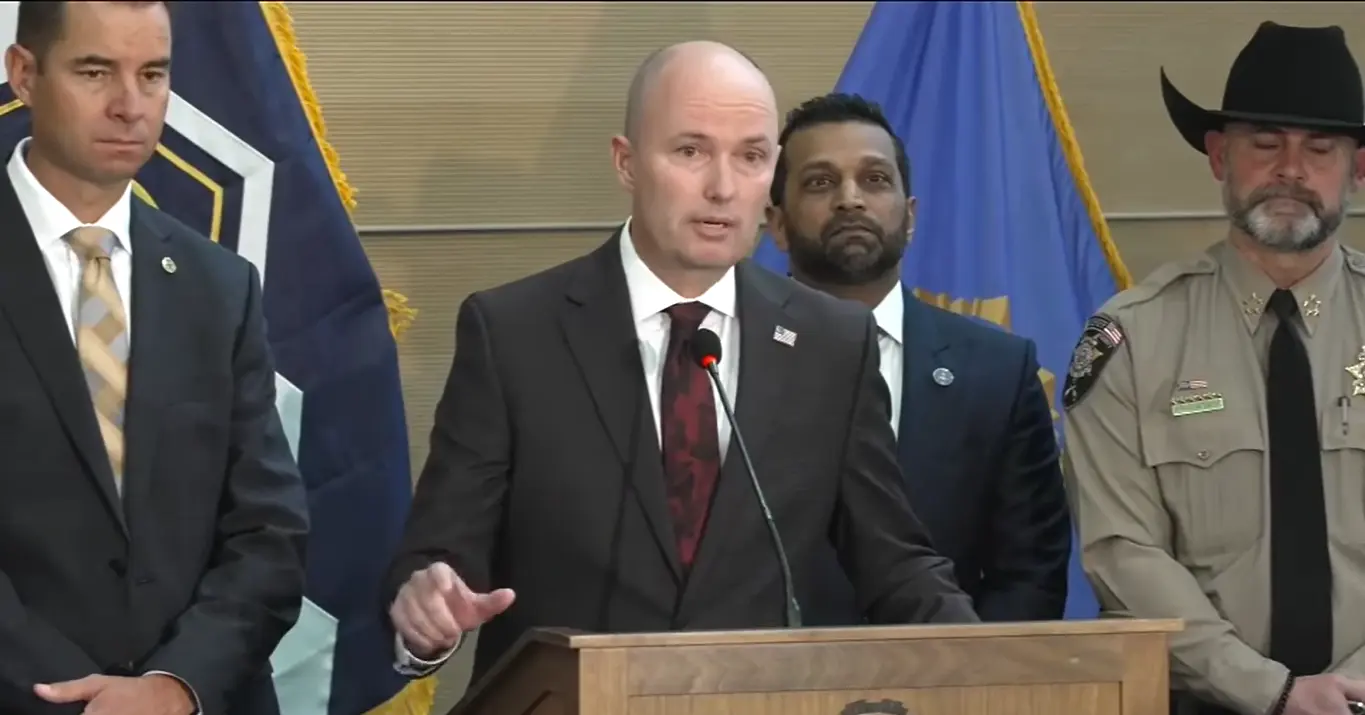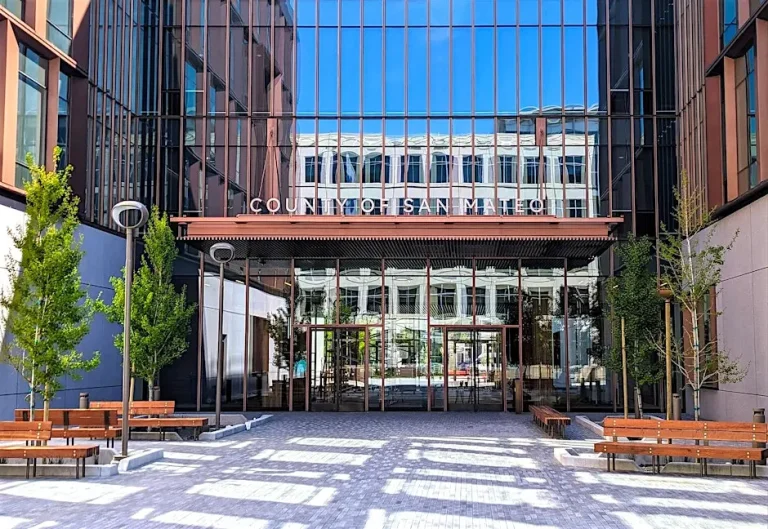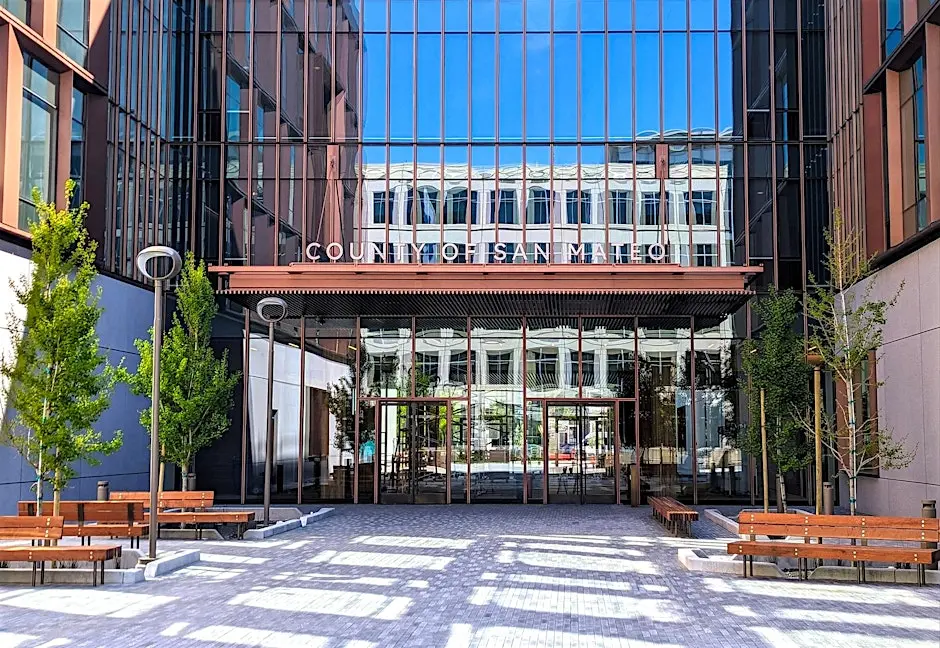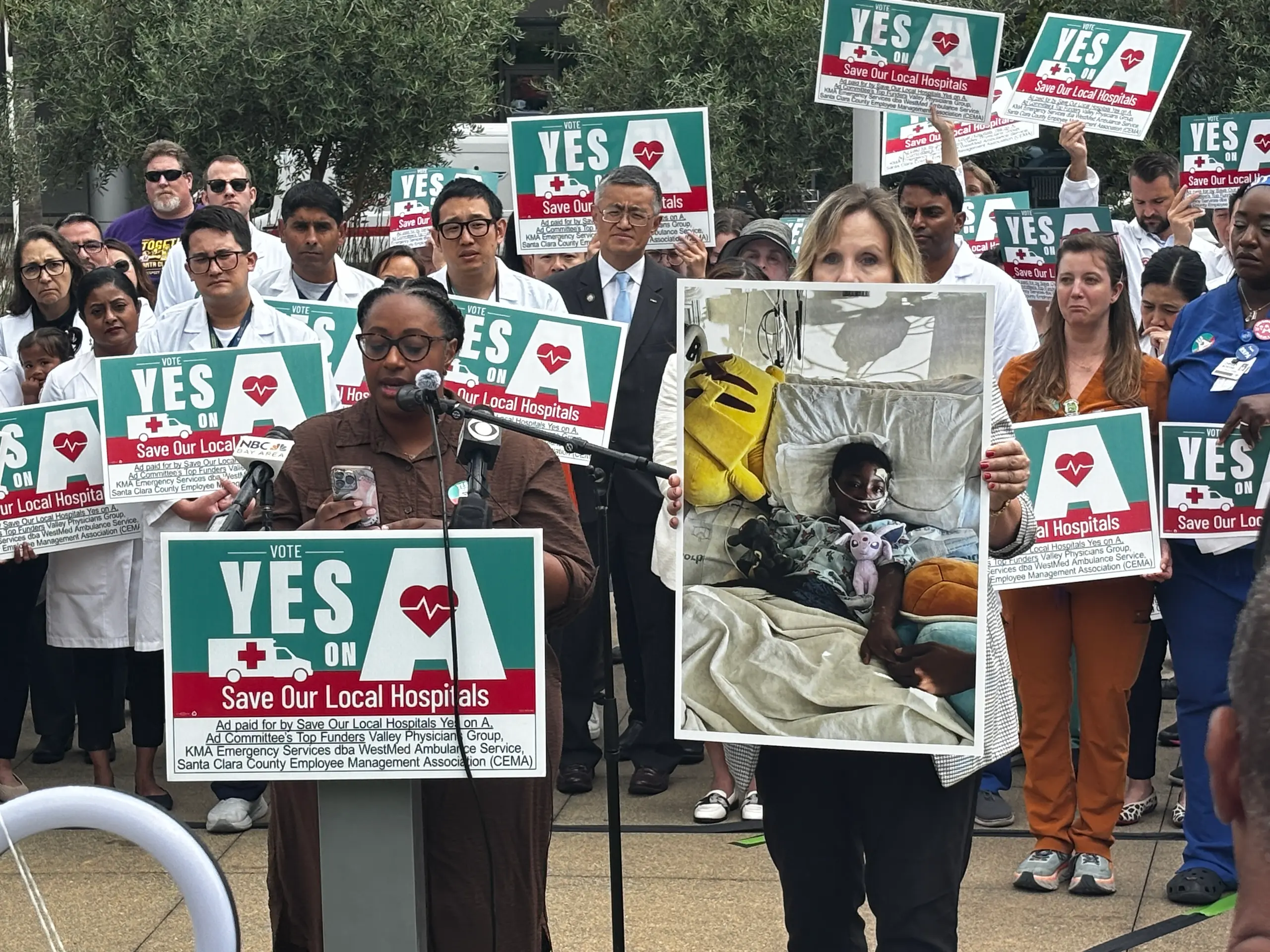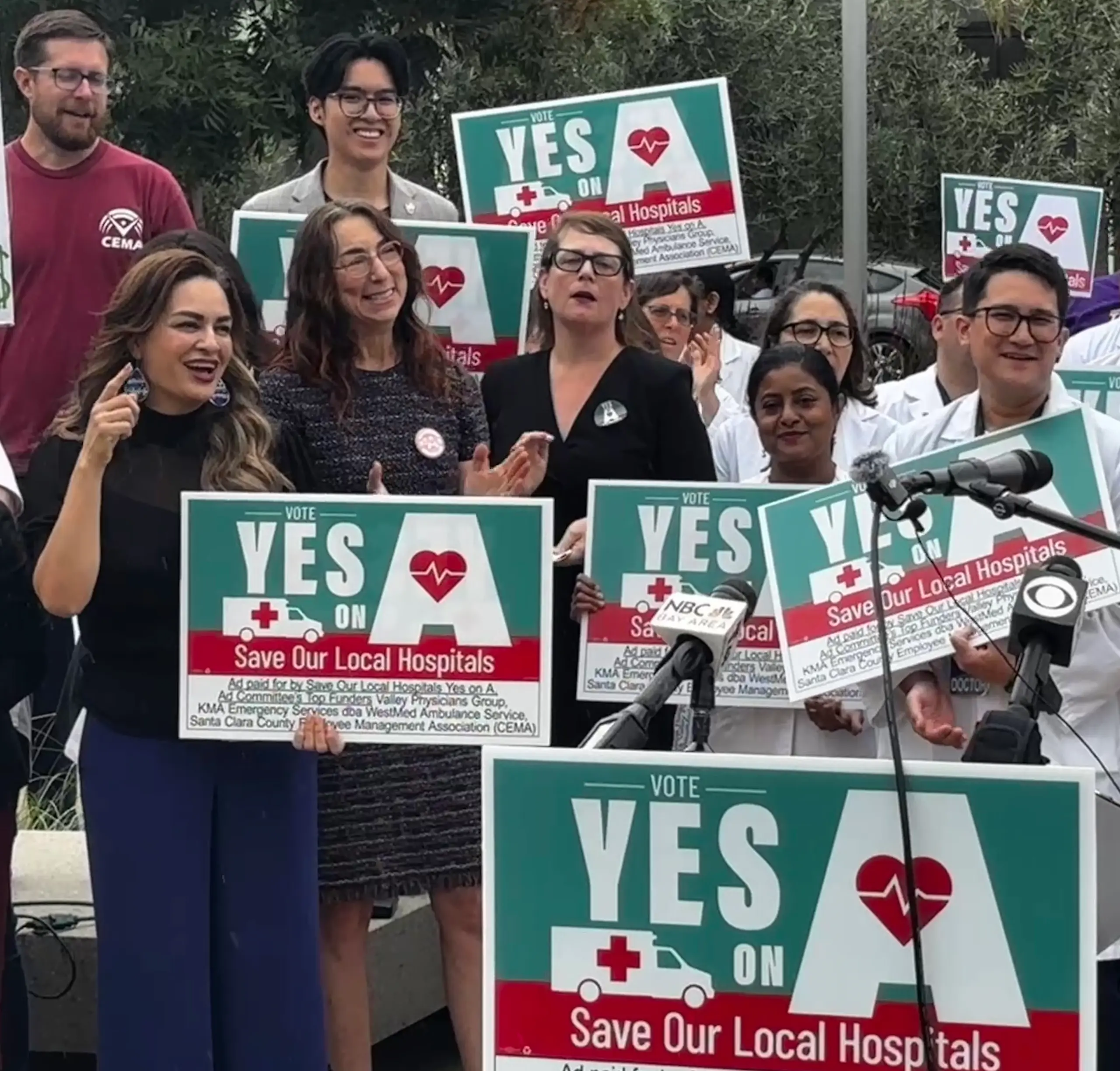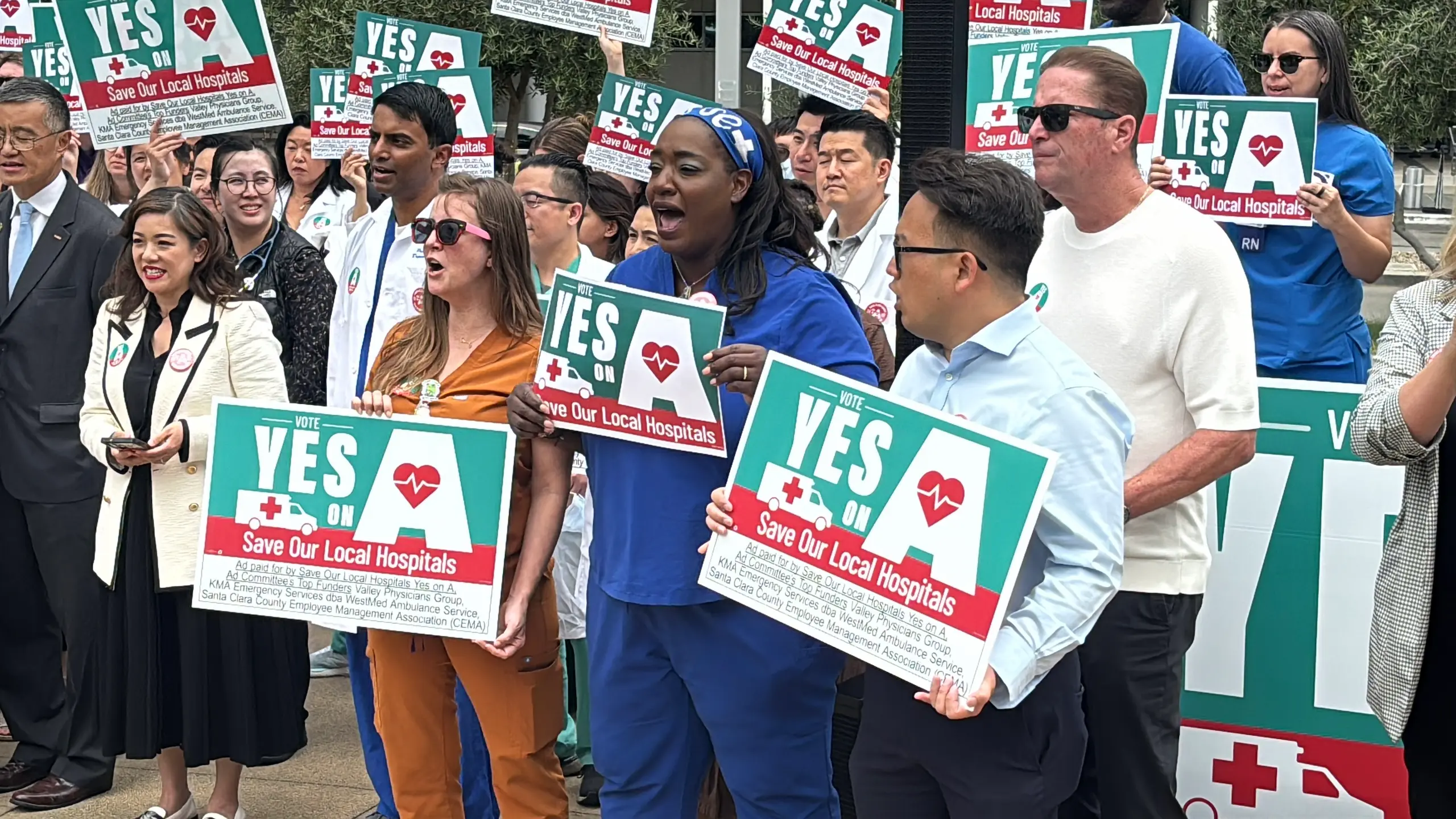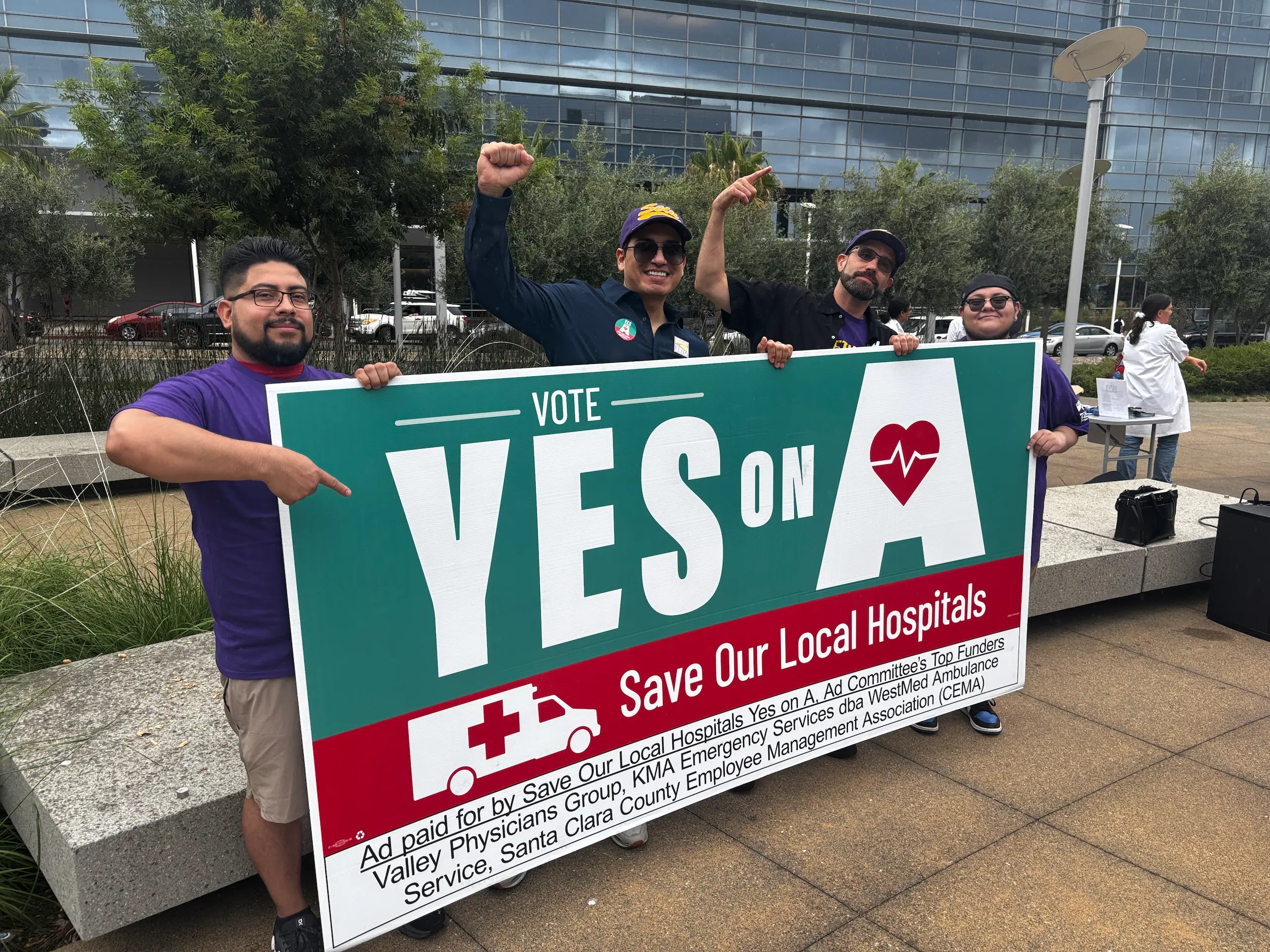
Las mujeres sobrevivientes de violencia doméstica se han enfrentado a un constante abuso de poder, sin embargo, ahora con las redadas a inmigrantes por parte del Servicio de Control de Inmigración y Aduanas (ICE), el miedo ha incrementado y los procesos legales se han vuelto más estrictos, lo que deja vulnerables a las mujeres violentadas.
Carmen MacDonald, directora ejecutiva del Centro de Justicia para Sobrevivientes, un lugar que ofrece servicios legales gratuitos a sobrevivientes de bajos recursos en el condado de Los Ángeles, dijo durante una sesión informativa realizada por American Community Media (ACoM), que los sobrevivientes enfrentan múltiples barreras y que aproximadamente 70 por ciento de sus clientes son inmigrantes.
La abogada agregó que en “Los Ángeles alberga una de las comunidades inmigrantes más grandes del país y cuando comenzaron las redadas, el miedo que generaron se extendió mucho más allá de las personas que eran el objetivo”.
MacDonald, explicó que las redadas alejan a las personas de la ayuda que necesitan y hace que las comunidades sean menos seguras pues, diariamente, el equipo del Centro de Justicia para Sobrevivientes trabaja con mujeres que han sufrido violencia doméstica y agresión sexual, personas que simplemente buscan seguridad y dignidad.
Ante ello, se están lanzando campañas para intentar llegar a más personas que lo necesitan y brindarles educación legal, pues “la gente sigue teniendo miedo, especialmente las sobrevivientes, cuando ven a agentes en sus vecindarios vestidos de civil o con máscaras”, expresó la directora del Centro de Justicia para Sobrevivientes.
“Es importante saber que, incluso si tienes miedo de denunciar, existe ayuda legal, hay organizaciones como la nuestra que ayudan a las sobrevivientes y cuando se reúnen con su abogado, se establece una relación confidencial, también hay líneas directas a las que pueden llamar para solicitar ayuda y obtener referencias si se encuentra en cualquier otro lugar del país”, puntualizó la también licenciada en Ciencias Políticas de la Universidad de Florida
Morgan Weibel, directora de defensa de servicios legales del Centro de Justicia Tahirih, explicó que las mujeres que son víctimas, no tienen fe ni confianza en las instituciones públicas.
“Las inmigrantes que son violentadas muchas veces tienen que pedir el apoyo de sus abusadores y ellos usan su poder para manipularlas y para atraparlas en las relaciones, entonces se busca una vía para que puedan pedir ayuda sin necesidad de involucrar a sus abusadores”, subrayó.
Legalmente, dijo: “lo más triste es para las personas que no tienen abogados, esto justifica a los jueces que estaban inclinados a negar casos de asilo sin considerar las circunstancias de cada uno y los mejores casos tienen que ver en el lugar donde aplican su petición de asilo y no por su caso”.
La abogada comentó que, aunque la geografía no debería definir la suerte de una víctima —pues son decisiones de vida o muerte—, muchas serán deportadas a países donde estarán expuestas al feminicidio y homicidio, por lo que están llamando al Congreso para que haga una ley basada en el abuso de género.
Por su parte, Patima Komolamit, directora ejecutiva del centro para la Familia Asiático-Pacífica, comentó que existe mucha ayuda disponible, pero que también se han quedado sin suficientes recursos por los cambios implementados por la actual administración.
“Como organización, que he estado trabajando durante 47 años con sobrevivientes inmigrantes tenemos que asegurarnos que el dinero siga entrando para poder servir a las comunidades, porque nosotras somos las que entendemos las complejidades y las barreras que tenemos que enfrentar”, destacó.
Komolamit, aseguró que, “lo que quiere esta administración es crear miedo, crear una falta de diálogo y entendimiento, de que seguimos sirviendo a las comunidades”.
“Sobre los fondos que estamos recibiendo, las sobrevivientes inmigrantes necesitan servicios y hacemos lo que podemos porque es una necesidad y salvamos vidas, es importante entender que podemos dar dinero todos y ayudar pues hay tanto que hacer”, dijo la defensora de la justicia social.
You may be interested in: Gobernador de Utah culpa a redes sociales por clima de violencia tras asesinato de Charlie Kirk


